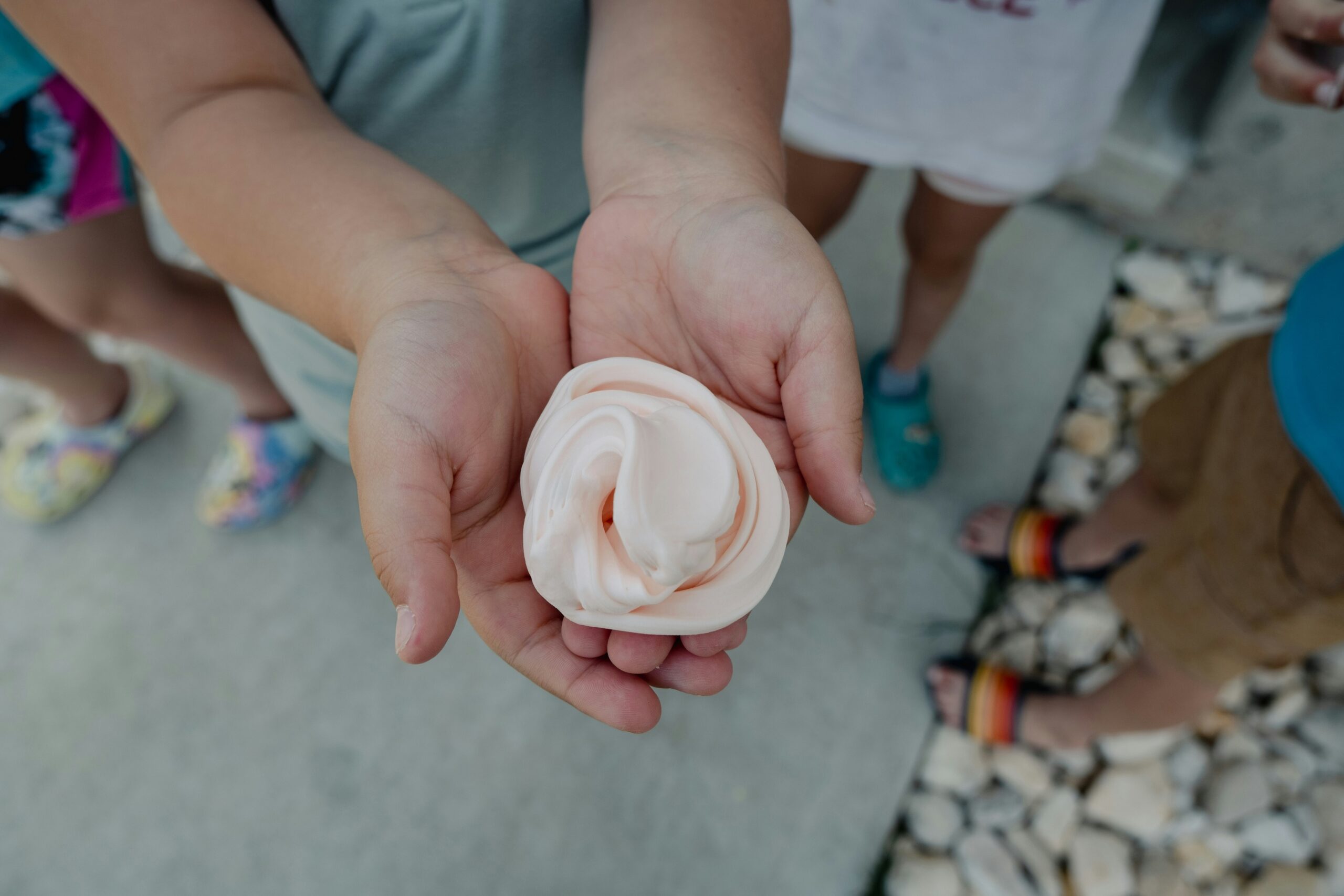
Educational Tech for Parents: Empowering Your Child’s Learning Journey
Edu Tech Thank you for reading this post, don’t forget to subscribe! In an era where technology is integral to education, parents play a crucial



Creating a successful playdate can be a rewarding experience for both children and parents. It provides an opportunity for kids to develop social skills, build friendships, and have fun in a structured environment. Here are some essential tips to ensure your playdate is enjoyable and runs smoothly.
Thank you for reading this post, don't forget to subscribe!
The first step in setting up a successful playdate is selecting the right child for your little one. Look for kids with compatible personalities and interests. This can often be determined by observing interactions at school or during extracurricular activities. A good match can help reduce anxiety and enhance the enjoyment of the playdate.
Hosting the playdate at home can create a comfortable environment for your child, but neutral locations like parks or playgrounds can also work well, especially for first-time meetups. These settings minimize pressure on both parents and children, allowing everyone to feel more relaxed.
Keep the playdate short, especially for younger children. A duration of 1-2 hours is typically ideal. This timeframe helps maintain energy levels and prevents overstimulation or fatigue, ensuring everyone leaves on a positive note.
Engaging activities are crucial for keeping kids entertained and fostering interaction. Here are some ideas:
– Arts and Crafts: Simple projects like drawing or making friendship bracelets can encourage creativity.
– Outdoor Games: Activities like tag, hide-and-seek, or scavenger hunts promote physical activity and teamwork.
– Baking Together: Kids love to eat what they make! Simple baking tasks can be both fun and educational.
Choose activities that suit the ages and interests of the children involved, ensuring everyone feels included.
Communication with Other Parents
Before the playdate, communicate clearly with the other parent about expectations. Discuss any dietary restrictions, allergies, or specific needs that might arise during the visit. Establishing a start and end time also helps manage expectations and keeps things organized.
As a host, your involvement at the beginning of the playdate can help ease any initial shyness between children. Engage with them by suggesting games or activities until they feel comfortable playing independently. After that, you can step back while still keeping an ear out for any issues that may arise.
If the playdate goes well, don’t hesitate to suggest another one soon after! Maintaining communication with the other parent can help foster a budding friendship between your children. A simple text or call later in the week to check in or propose another meetup can go a long way in building lasting connections.
By following these guidelines, you can create an enjoyable playdate experience that not only entertains but also nurtures social development in your child. Remember that every child is different; flexibility and understanding are key to making each playdate a success!
We hope it helps,
The Smart Parenting Blog Team

Edu Tech Thank you for reading this post, don’t forget to subscribe! In an era where technology is integral to education, parents play a crucial

Family life Thank you for reading this post, don’t forget to subscribe! We wrote earlier about sibling rivalry, but since it isn’t easy to solve

Play time Thank you for reading this post, don’t forget to subscribe! Sensory play is a fantastic way to engage your child’s senses and promote
